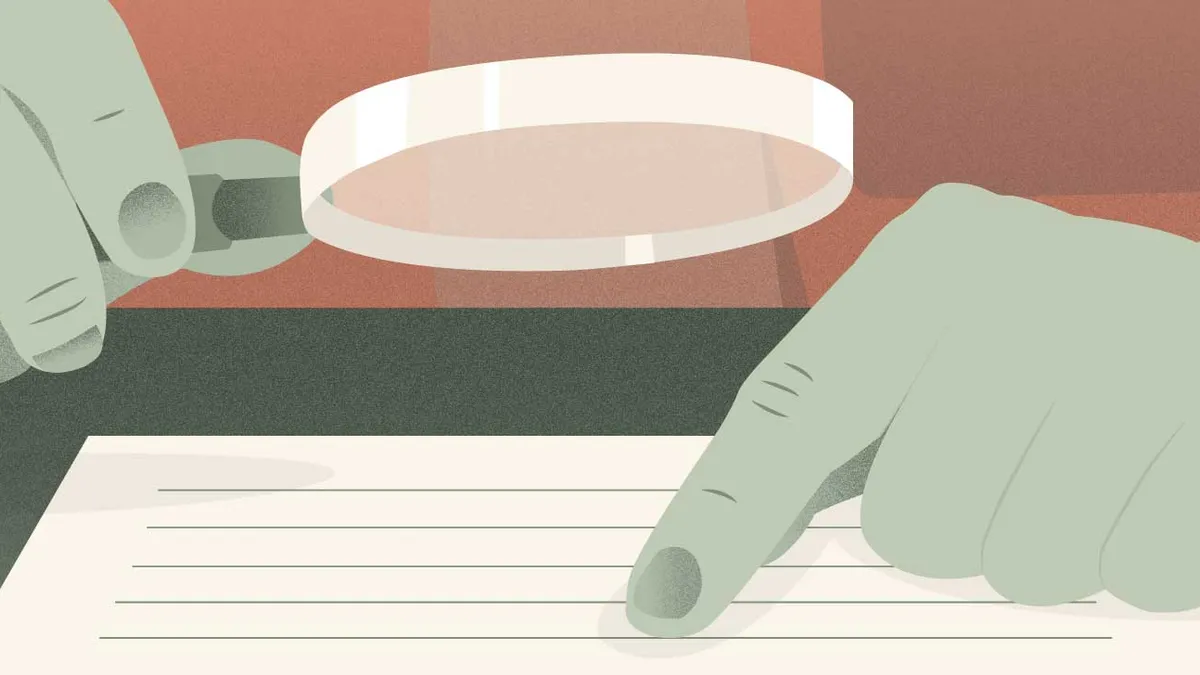This installment of "HR Legal Briefing" is written by David W. Garland, a Member of the Firm and Chair of Epstein Becker Green’s National Employment, Labor & Workforce Management Steering Committee. Garland is frequently retained in matters involving clients’ most senior executives and in high-profile, high-stakes, and highly sensitive cases. He can be reached at [email protected]
The impact of the sex harassment allegations against Harvey Weinstein – which surfaced last October – cannot be overstated. The birth of the #MeToo and #timesup movements has perhaps forever changed the view and treatment of sex harassment allegations in the workplace.
As we have previously written in this column, the impact of sex harassment on a company’s future — especially if the allegations involve its founders and leadership — can threaten the financial viability and even the very existence of the company. Harvey Weinstein’s behavior and the subsequent events at the company he founded leave no doubt about that.
On Feb. 13, following the numerous high-profile allegations against Weinstein, New York State Attorney General Eric Schneiderman filed a lawsuit in New York Supreme Court against The Weinstein Company LLC, The Weinstein Holding Company LLC, Weinstein and his co-CEO brother, Robert. The lawsuit sought injunctive relief, restitution and disgorgement under a New York law that provides for such “[w]henever any person shall engage in repeated fraudulent or illegal acts or otherwise demonstrate persistent fraud or illegality in the carrying on, conducting or transaction of business.” It came on top of other lawsuits accusing the company of aiding and abetting Weinstein’s behavior. Schneiderman claimed jurisdiction because the company is headquartered in New York.
The lawsuit made numerous allegations against Weinstein for his behavior and against his brother and others for failing to take appropriate action to prevent Weinstein’s conduct. It specifically alleged that the company’s board of directors failed to investigate credible evidence of Weinstein’s harassment and his misuse of corporate resources to facilitate his egregious behavior – and to prohibit it. The lawsuit further alleged that the board should have taken steps to prevent Weinstein’s misconduct and should have terminated his employment when it came to light. And the lawsuit took aim at non-disclosure agreements used by the company to prevent law enforcement, the public and other employees from learning about the settlement of sex harassment claims against Weinstein.
The board, however, says that many of the allegations against it are inaccurate. Even before the lawsuit, Schneiderman’s office had issued a subpoena to the company as part of its investigation of harassment and other misconduct in the workplace by Weinstein, and had interviewed several witnesses.
The timing of the Schneiderman lawsuit only added to the company’s woes and quickly threatened its potential sale to an unrelated group of investors. When filing his lawsuit, Schneiderman announced that he took into account the company’s likely upcoming sale, stating that he hoped the filing would somehow allow for adequate resources to be put aside for the victims of Weinstein’s conduct. Almost immediately, however, the buyer pulled out of the acquisition talks, and the company, blaming Schneiderman for the breakdown, appeared to be headed for a bankruptcy filing.
On Feb. 26, within two weeks of the lawsuit’s filing, the company announced its intention to file a bankruptcy petition. Over the next week, the discussions revived, the Attorney General’s office entered them, and a tentative deal was reached. But on March 6, the investors announced that they were pulling out of the deal, torpedoing it for good, and the company filed for bankruptcy on March 19.
Given today’s environment, the Schneiderman lawsuit may presage similar tactics by public officials against other companies. Indeed, senior leadership has to anticipate such action will likely be forthcoming. That just adds to the high stakes nature of failing to take appropriate action against an alleged harasser, regardless of the position he or she holds in the company. In the end, the failure to do so at Weinstein’s company will bring about its demise. And that’s one of the critical lessons for others.













